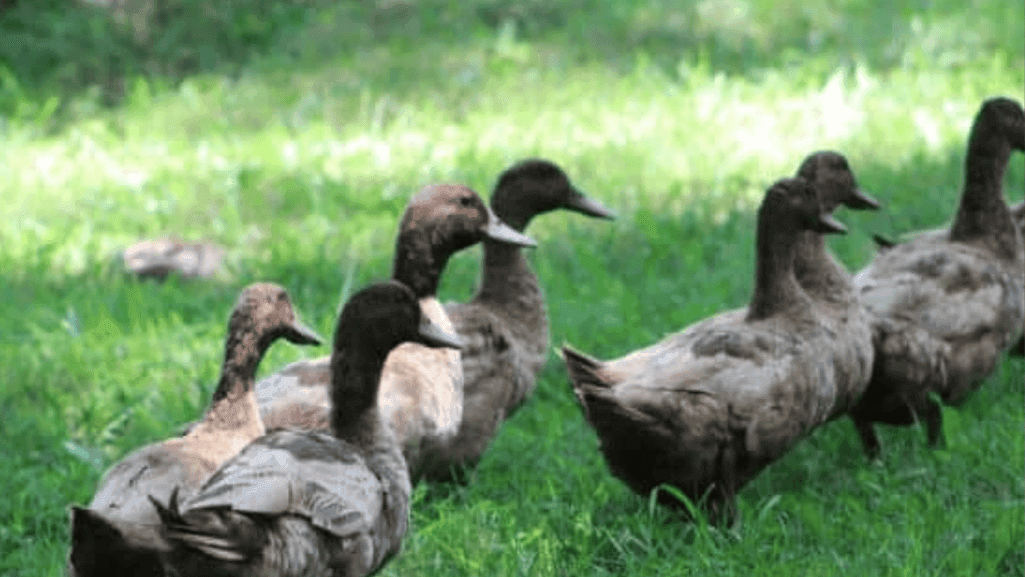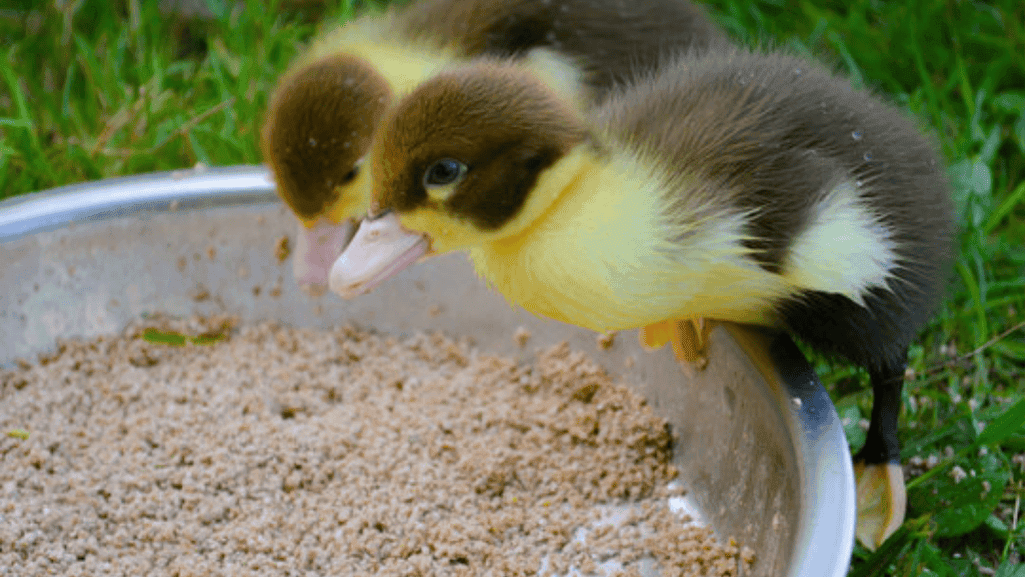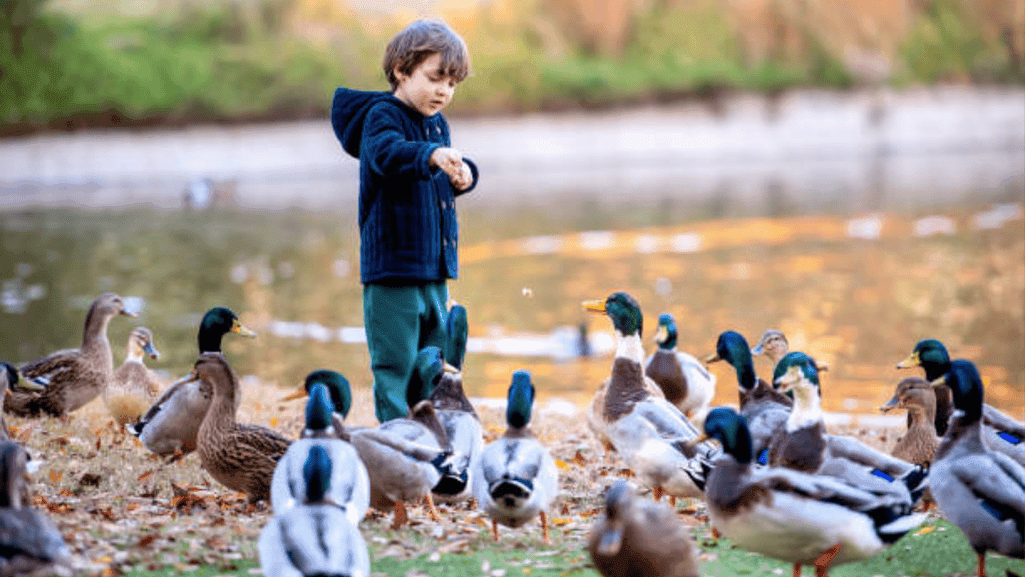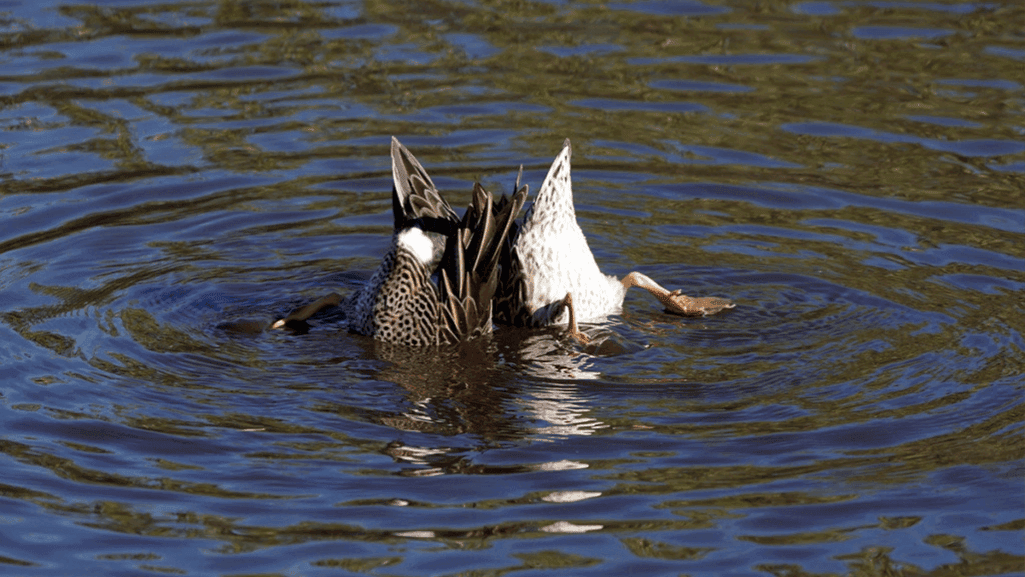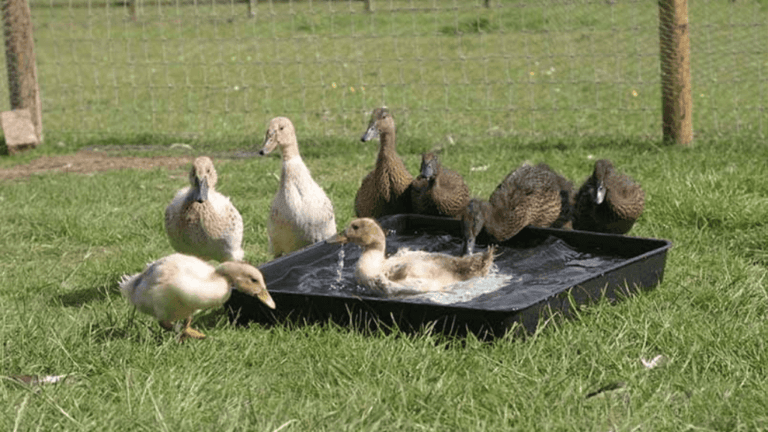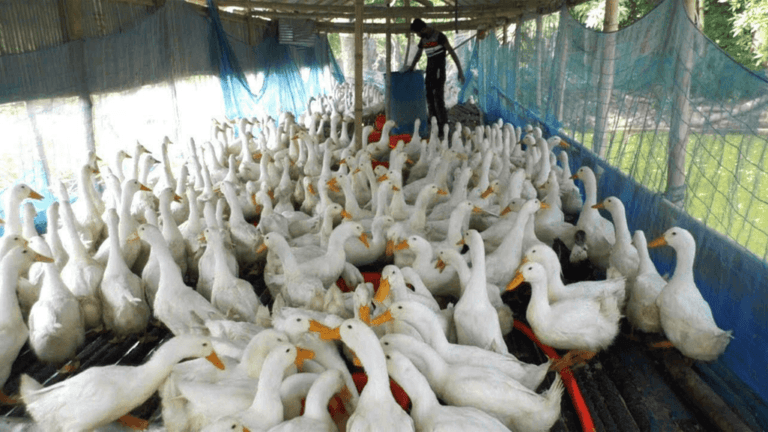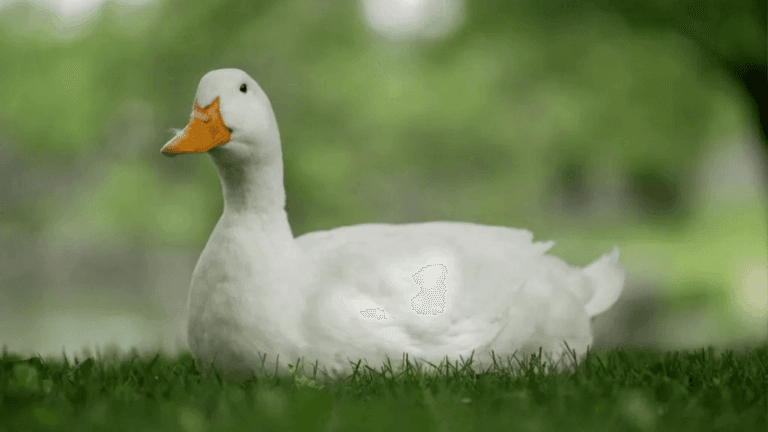Raising healthy ducklings What Do Ducklings Eat starts with understanding their nutritional needs. Proper feeding is essential for their growth and development, especially in the first few weeks of life. A balanced diet helps prevent health issues like twisted wings and growth imbalances, ensuring your flock thrives.
Ducklings require high-protein foods during their early stages to support strong bone and bill development. Commercial starter feeds are ideal, providing all the necessary nutrients in one convenient option. As they grow, their dietary needs change, and transitioning to lower-protein grower feeds becomes crucial.
In addition to commercial feeds, natural treats like chopped greens, peas, and mealworms can supplement their diet. However, avoid feeding bread or junk food, as these lack essential nutrients and can harm their health. Fresh water is also vital, aiding digestion and preventing choking.
Whether you’re raising ducks as pets or for egg production, proper feeding practices are key. This guide will explore the best foods, feeding schedules, and tips to ensure your ducklings grow into healthy, happy adults. For more details on raising 3-week-old ducklings, check out our comprehensive resource.
Key Takeaways
- Proper nutrition is crucial for ducklings’ healthy growth and development.
- High-protein starter feeds are essential in the first weeks of life.
- Transition to lower-protein grower feeds as ducklings mature.
- Natural treats like greens and peas can supplement their diet.
- Avoid feeding bread or junk food, as they lack essential nutrients.
- Fresh water is vital for digestion and overall health.
- Follow feeding schedules to ensure a balanced diet.
Understanding the Nutritional Requirements of Ducklings
Proper nutrition lays the foundation for healthy duckling development. During their early stages, these young birds require a carefully balanced diet to support their rapid growth and overall vitality. Meeting their dietary needs ensures they develop strong bones, bills, and muscles, setting the stage for a thriving flock.
Digestive Needs and Early Nutrition
At hatch, ducklings rely on the absorption of their yolk sac for initial strength. This natural resource provides essential nutrients for the first 24-48 hours. After this period, their digestive systems begin to develop, requiring high-quality food to sustain growth. Early nutrition is critical for building strong bones and bills, which are vital for their survival and future health.
Importance of Protein and Niacin
Protein plays a pivotal role in duckling development, particularly in the first few weeks. A diet with 18-20% protein supports muscle and tissue growth. However, excessive protein can lead to health issues like Angel Wing, a condition affecting wing development. Niacin, or vitamin B3, is equally crucial. It promotes strong bones and prevents leg deformities, making it a non-negotiable component of their diet.
Selecting the right feed is essential. Unmedicated chick or waterfowl starter feeds are recommended to avoid complications like coccidiosis. These formulations are specifically designed to meet the unique needs of young poultry. As ducklings grow, transitioning to lower-protein grower feeds ensures their nutritional requirements continue to be met without overloading their systems.
Monitoring feed intake and adjusting the diet based on growth phases is key. A well-balanced nutritional plan not only supports physical development but also fosters overall vitality. For more detailed insights, explore resources like the Cornell Duck Nutrition Guide or learn about appropriate feeds for ducklings.
What Do Ducklings Eat: Essential Foods for Healthy Growth
Ensuring your ducklings thrive begins with the right diet. A balanced mix of commercial feeds and natural treats supports their development and keeps them healthy. Understanding their nutritional needs is crucial for raising a strong flock.
Commercial Starter Feeds and Growers
In the first few weeks, high-protein starter feeds are essential. These food options provide the nutrients needed for rapid growth. Unmedicated formulas are recommended to avoid complications like coccidiosis.
After the initial weeks, transition to grower pellets. These contain lower protein levels, which are better suited for older ducklings. A balanced diet ensures they grow without health issues like Angel Wing.
Healthy Treats and Natural Foraging Options
Supplementing their diet with natural treats is beneficial. Chopped kale, romaine lettuce, and cooked pumpkin are excellent choices. These provide vitamins and minerals that support overall health.
Mealworms and other insects are protein-rich options. They’re especially useful during molting or growth spurts. Always ensure treats are finely diced to prevent choking.
- Use unmedicated starter feeds for the first few weeks.
- Transition to grower pellets as ducklings mature.
- Incorporate fresh vegetables and fruits for added nutrients.
- Provide mealworms as a protein supplement.
- Monitor food intake to avoid overfeeding.
By carefully selecting their food, you can raise a healthy and thriving flock. A balanced diet is the key to their long-term well-being.
Feeding Techniques: A Step-by-Step Guide
Feeding ducklings correctly is a vital part of raising a healthy flock. A well-organized feeding routine ensures they receive the nutrients needed for growth. Proper techniques also prevent common issues like overfeeding or contamination.
Setting Up the Brooder and Feeders
Start by setting up a clean and safe brooder. Place feeders and waterers in accessible spots to avoid overcrowding. Use shallow dishes for water to reduce drowning risks, especially for young chicks. Ensure feeders are easy to access and refill daily.
Cleanliness is crucial. Refresh water and remove leftover food daily to prevent mold. A clean environment minimizes health risks and supports healthy growth. Regularly sanitize feeders and waterers to keep your ducks safe.
Implementing a Consistent Feeding Schedule
Establish a regular feeding schedule to help ducklings develop healthy eating habits. Offer food at least three times a day, adjusting portions as they grow. Monitor consumption to ensure each duck gets enough nutrients without overeating.
Transitioning from starter crumbs to grower pellets is essential. Begin this shift around the third week, ensuring the pellets are small enough for easy consumption. Gradually increase the number of pellets while reducing crumbs to avoid digestive issues.
For more detailed guidance on feeding practices, explore resources like this comprehensive guide. Following these steps ensures your flock grows strong and healthy.
Managing Special Feeding Challenges and Health Risks
Managing the diet of young ducks requires attention to detail to avoid health risks. Overfeeding or imbalanced nutrition can lead to serious problems, especially during their early weeks of life. A well-planned feeding strategy ensures each baby duck grows strong and healthy.
Preventing Overfeeding and Nutritional Imbalances
Overfeeding is a common problem that can cause rapid growth and health issues. Excessive protein, particularly after the first two weeks, can lead to conditions like Angel Wing. This occurs when bones grow too quickly, causing wing deformities.
To prevent this, transition from high-protein starter feeds to lower-protein grower feeds. Monitor their food intake closely and adjust portions as needed. A balanced lot of nutrients ensures even growth and prevents imbalances.
Mitigating Conditions Like Angel Wing
Angel Wing is a preventable condition often caused by improper feeding. If you notice symptoms, reduce the protein content in their diet immediately. Incorporate natural foraging options like greens and insects to balance their nutrient intake.
Supervised free-ranging time can also help. It allows ducks to exercise and consume a variety of natural foods. Using the right products at each developmental stage is key to avoiding long-term issues.
“A balanced diet and careful monitoring are the best ways to prevent Angel Wing and other health problems in ducks.”
- Transition from high-protein feeds after the first two weeks.
- Monitor food intake to avoid overfeeding.
- Incorporate natural foraging to balance nutrients.
- Use appropriate feed products for each growth stage.
- Consult experts like Dave Holderread for tailored advice.
By addressing these challenges early, you can ensure your baby ducks grow into healthy adults. For more insights into the diverse diets of ducks, explore our comprehensive guide.
Conclusion
Raising a thriving flock of ducks starts with proper nutrition and careful feeding practices. A balanced diet, including high-protein starter feeds and natural treats like insects, ensures healthy growth. Transitioning to lower-protein feeds at the right week intervals prevents issues like Angel Wing.
Monitoring the number of nutrients and maintaining a consistent feeding schedule are essential. Fresh water and clean feeders protect your poultry from health risks. Integrating supplements like fresh eggs supports strong development.
By following these guidelines, you can nurture a happy and healthy bird flock. For more tips on transitioning ducklings outdoors, visit our guide on when ducks can go outside.


